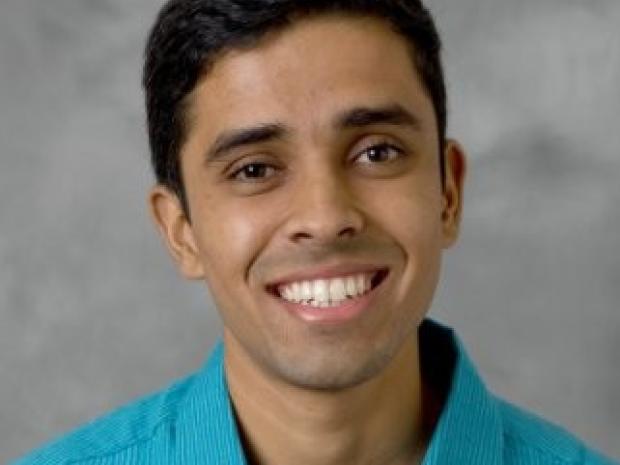Advancing systems modeling to support the transition to a deeply decarbonized energy system

Speaker
Dharik S. Mallapragada
Principal Research Scientist
Massachusetts Institute of Technology
Abstract
Wind and solar-based electricity generation is expected to play a central role in reducing emissions from the energy system by decarbonizing the electric sector and expanding the electrification of end-uses. Increasing reliance on these variable renewable energy (VRE) sources, however, introduces new challenges in the planning and operations of energy systems, including: a) managing increased spatial and temporal variability in primary energy availability and demand, b) designing appropriate protocols and technologies to support “beneficial” electrification, i.e. where end-users are capable of adjusting their consumption in response to power system conditions, and c) addressing deep decarbonization of end-uses where direct electrification is currently challenged, either through identifying novel electrified processes or adoption of vectors like hydrogen and enabling carriers. These challenges necessitate the need for new modeling paradigms for energy systems analysis, as well as technology design, assessment and system integration. In this talk, Dr. Mallapragada will present research contributions from his group at MIT, around modeling for low-carbon energy systems planning and operations. First, he will describe methods for representing spatial and temporal variability in VRE supply and other time-varying input data in models used for process/system design in a computationally tractable manner. Second, he will highlight the applicability of such foundational tools to inform technology and policy development using two examples: a) Synthesis and design of electrified ammonia production routes and b) Coordinated planning of electricity and hydrogen infrastructure for deep decarbonization.
Bio
Dharik S. Mallapragada is a Principal Research Scientist at the MIT Energy Initiative (MITEI), where he leads the Sustainable Energy Transitions Group. Dr. Mallapragada’s research focuses on planning and operating resilient, low-carbon energy systems as well as conceptualization, design and integration of emerging energy technologies. At MIT, he has pursued research in these topics while securing funding from government, industry and philanthropic sources and establishing collaboration with multiple principal investigators across MIT and other institutions. Recently, he led the systems modeling effort for the Future of Energy Storage study, an interdisciplinary MIT project exploring the role for storage in future low-carbon grids. Prior to MIT, Dr. Mallapragada spent nearly five years in the energy industry working on a range of sustainability-focused research topics. He serves as a member of the Massachusetts Commission on Clean Heat, and on the advisory committee for the Open Energy Outlook project , a multi-institution effort to create open-source energy systems models and data sets. He co-leads systems thrust activities at the Center for Decarbonizing Chemical Manufacturing using Sustainable electrification (DC-MUSE). Dr. Mallapragada holds a M.S. and Ph.D. in Chemical Engineering from Purdue University and a B.Tech. in Chemical Engineering from the Indian Institute of Technology, Madras, India.

